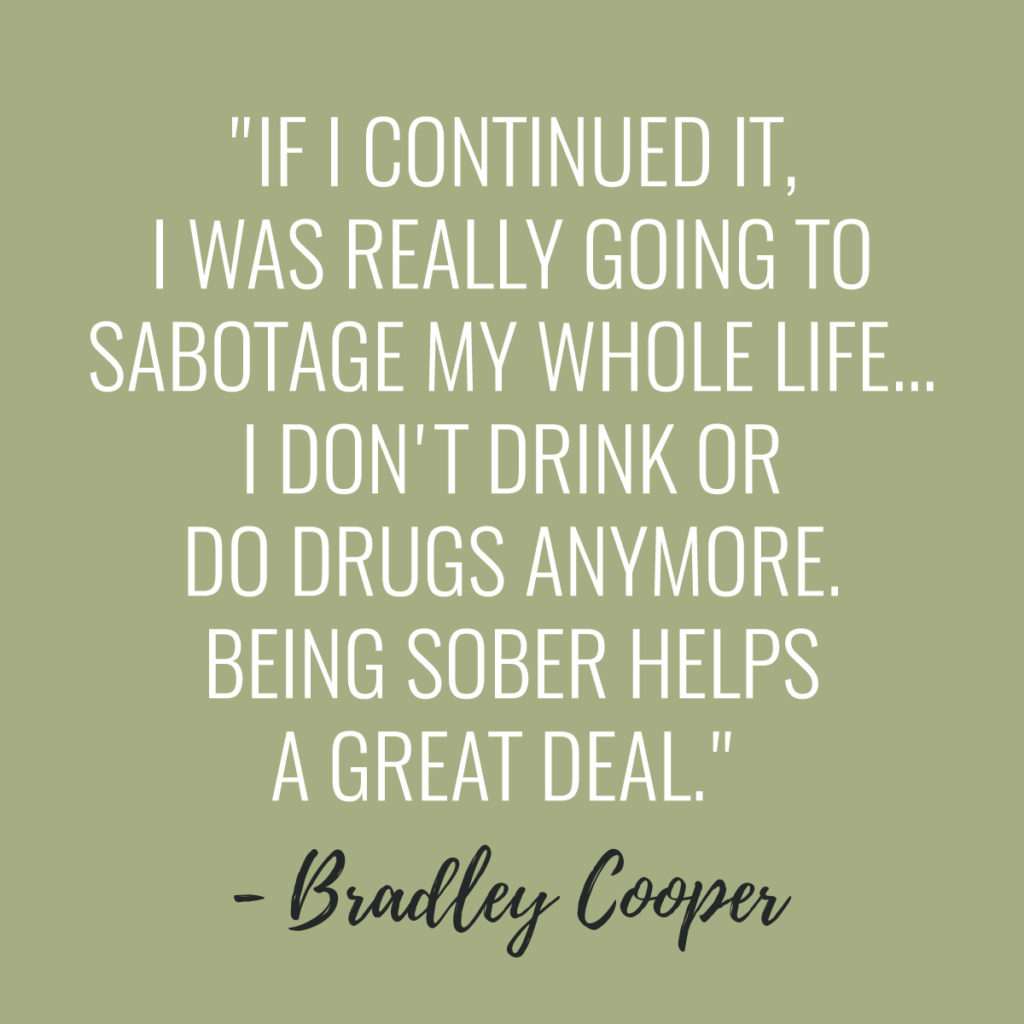If you are considering choosing a sober living home for yourself or a loved one, take a moment to appreciate this victory. Choosing sober living is a major step toward lifelong addiction recovery. Now the question is – which sober living program is right for you? Use these tips and advice from professionals to get started.
Find Recovery Homes with Structure, Consistency, & Predictability
 The last thing a recovering person needs is a chaotic or confusing environment. The best sober living facilities ground their programs and daily living in stability. Look for a facility that has staff members coordinating each day, or at least a basic framework for how activities should go. Without someone telling you what to do in your new sober lifestyle, you may end up feeling intimidated and overwhelmed. This can easily lead to relapse in the wrong circumstances.
The last thing a recovering person needs is a chaotic or confusing environment. The best sober living facilities ground their programs and daily living in stability. Look for a facility that has staff members coordinating each day, or at least a basic framework for how activities should go. Without someone telling you what to do in your new sober lifestyle, you may end up feeling intimidated and overwhelmed. This can easily lead to relapse in the wrong circumstances.
Search for structure beyond just a daily routine. Your sober living home should have mandatory rules and regulations, including curfews and a zero-tolerance drug and alcohol-free environment. Anything less is a risk you shouldn’t be willing to take. Stability is especially important in the first weeks and months of recovery. Rules and responsibilities can give you a sense of accountability for your actions, and motivate you to continue on your path toward long-term sober living. When it comes to maintaining sobriety, the more structure the sober living home has, the better.
Don’t Compromise On Safety Or Security
As someone recovering from a drug or alcohol addiction, you’ve dealt with enough bumps in the road. You need a sober living program that ensures your safety – physically, mentally, and emotionally. Ask about the home’s security measures and the technology it uses to keep the grounds safe, free from weapons, and free from intruders.
Take a look at the location of the facility. You don’t want to live in a bad part of town, where drug use and dealing are rampant. This would be counter-intuitive to your goal of sober living, and make your life harder than it has to be. A location close to your job, meetings, church, and hospitals is ideal – especially if you don’t have a vehicle or license to drive. Choose a house where you feel safe, comfortable, and cared for.

Get To Know The Recovery Staff
Visit the sober living home in person to get a sense of its mood, spirit, and atmosphere. You should feel a sense of positivity, or have a gut feeling that it’s the right place for you. The people currently living there should appear well taken care of and happy – at least for the most part. Search for a sense of friendship or camaraderie among residents. Talk to some of the staff members, making sure they treat the residents appropriately.
The staff at the facility should be well trained, professional, and dedicated to the safety of residents. A strong staff is the backbone of a good sober living home. The staff should truly care about the success of the residents. They shouldn’t be afraid to enforce the rules and kick residents out who break them, such as those who bring drugs across the threshold. Finally, the staff should have experience in the field of addictions and recovery.
Avoid Scams And Fraud In The Sober Living Industry
Protect yourself from fraud in the sober living industry by watching for the common signs of a scam. This can include patient brokering, or when a recruiter “sells” patients to the sober home. Kickbacks, or when a sober home receives money for patient referrals, are also red flags for fraud. Any home that allows its residents to keep using drugs, as long as they attend treatment, is a fraudulent treatment center. Report these facilities if you happen across them.
Scams involving sober homes billing for unnecessary services have also fooled hundreds of unsuspecting people. Watch for lab tests such as urinalyses or other diagnostics that seem unnecessary or overly expensive. On the other end of the spectrum, homes that waive all co-payments and other financial responsibilities for patients are also suspicious. These facilities attract patients with addiction who do not have the means to pay for treatment, but always waiving all patient responsibility could violate contracts and laws.
Read Sober Living House Reviews
Glean valuable insights into how a program really functions by reading sober living house reviews. Reviews from clients who have participated in the sober living facility will offer deeper insights than the facility’s website or spokespeople. Look up reviews on Google or Yelp, and read them carefully before choosing a facility. Keep in mind that one or two bad reviews in a sea of good ones might not mean much. Some people may have gone through something that casts the entire experience in a bad light. Multiple negative reviews, however, should be a red flag.
The reputation of a sober living home can speak volumes about the success of its residents. Conduct an online search for the home and see what you can find. Ask around to friends and family members to get their opinions. The more you can learn about the facility before enrolling, the better. If time is of the essence, there are services such as ECHO Recovery that can help you investigate a potential sober living facility quickly and efficiently.
Reach Out To ECHO Recovery
People struggling with addiction, parents, and loved ones can contact ECHO Recovery and receive information about licensed, desirable living facilities. The ECHO Recovery Foundation is a non-profit rehabilitation charity that provides affordable sober living housing, addiction education, and recovery advocacy. ECHO Recovery helps people vet sober living programs thoroughly, to make sure they fit the bill. You’ll feel confident sending yourself or a loved one to a safe sober living environment when you conduct your search through ECHO. Start your search today.
Join The ECHO Recovery Movement By Donating

Experienced Chief Executive Addiction Recovery and Mental Health Professional
Business professional in the Addiction Recovery and Mental Health industry for the past 26 years. Caring, compassionate and strongly motivated to make a difference in the organizations I am affiliated with and welfare of the population we serve. Currently focused on advocating, educating and developing projects leveraging evidence based, real time technology to support individuals in recovery.


